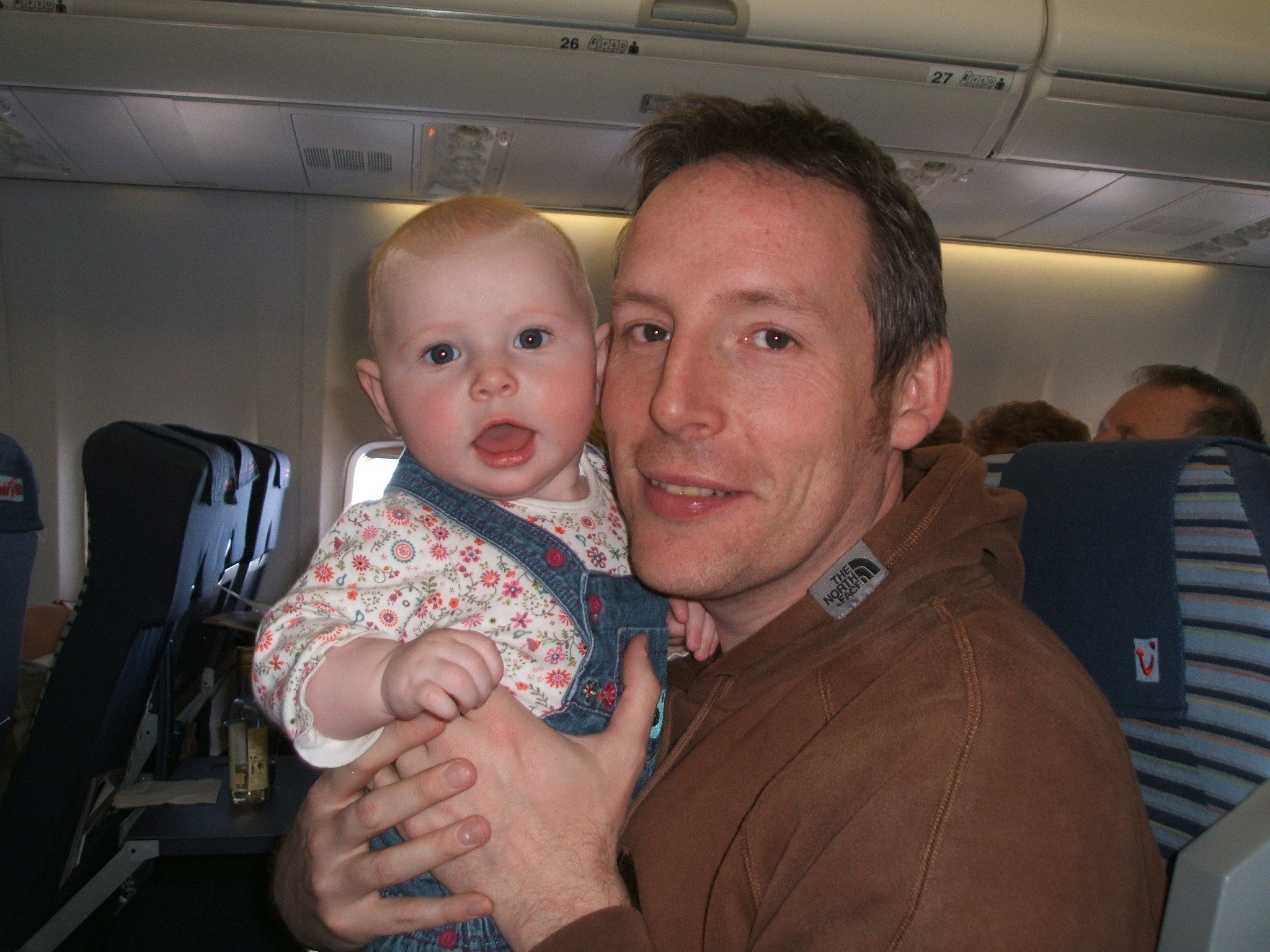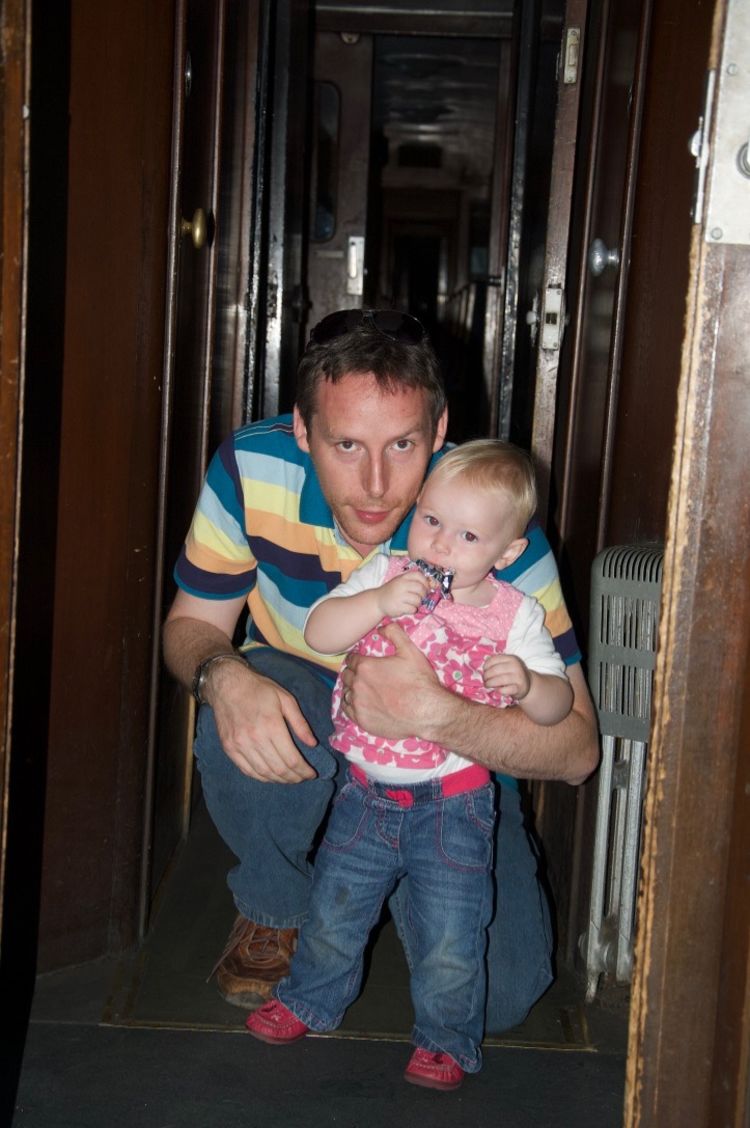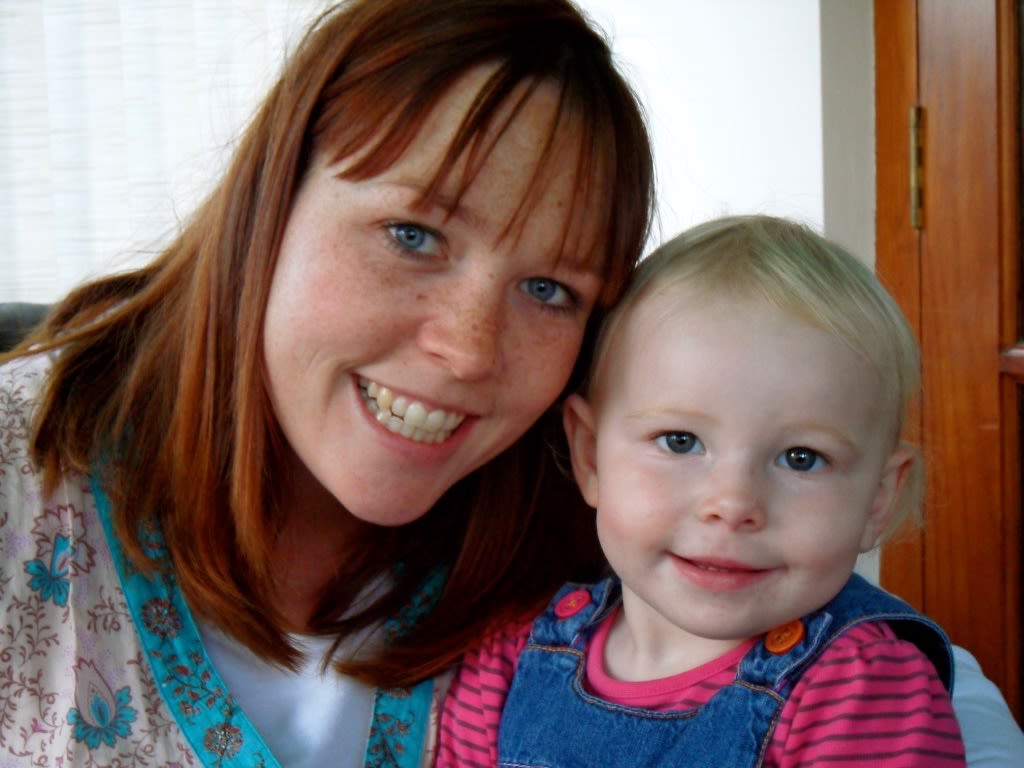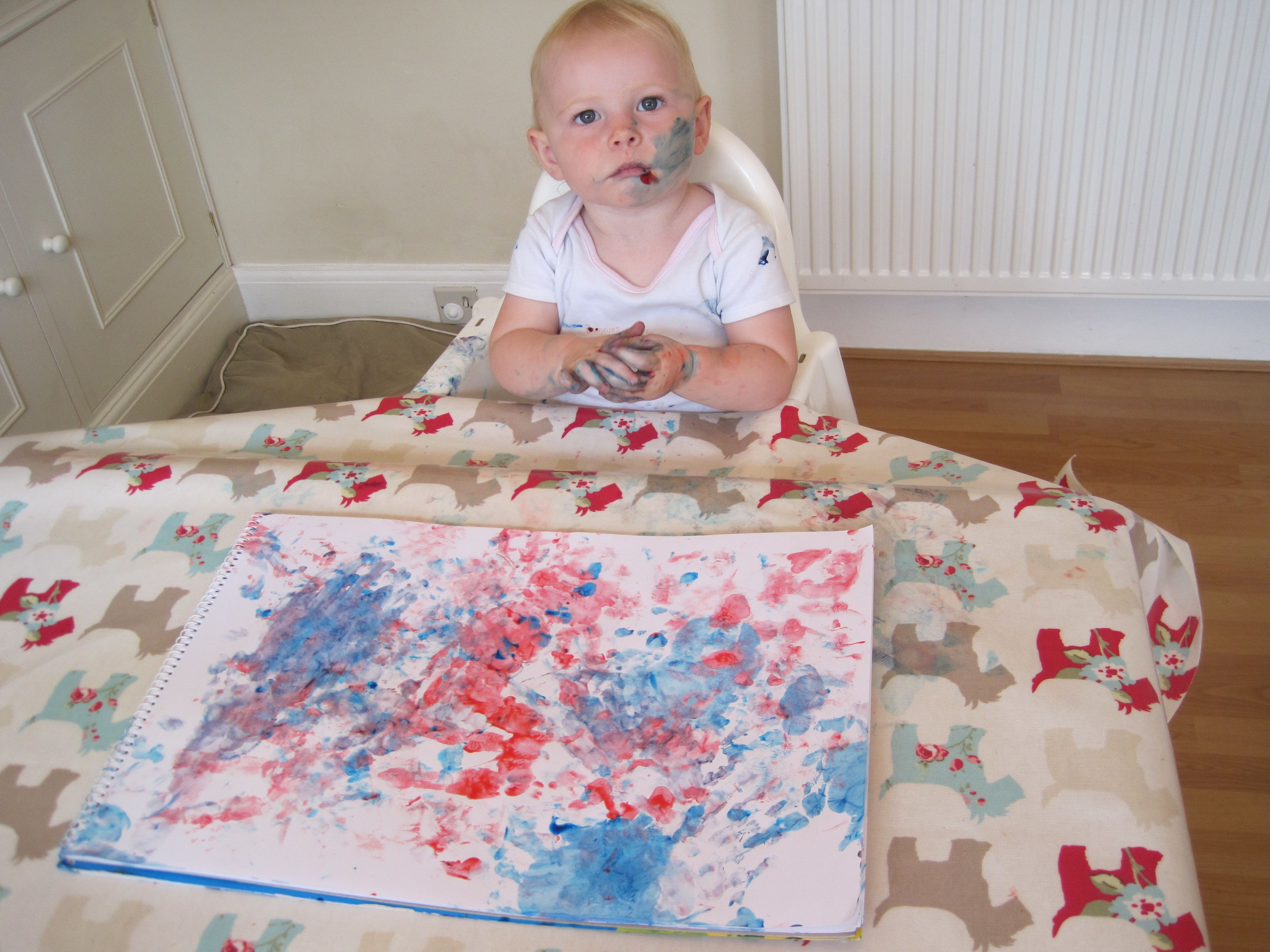NHS spends £1m a week on failed legal battles with the bereaved
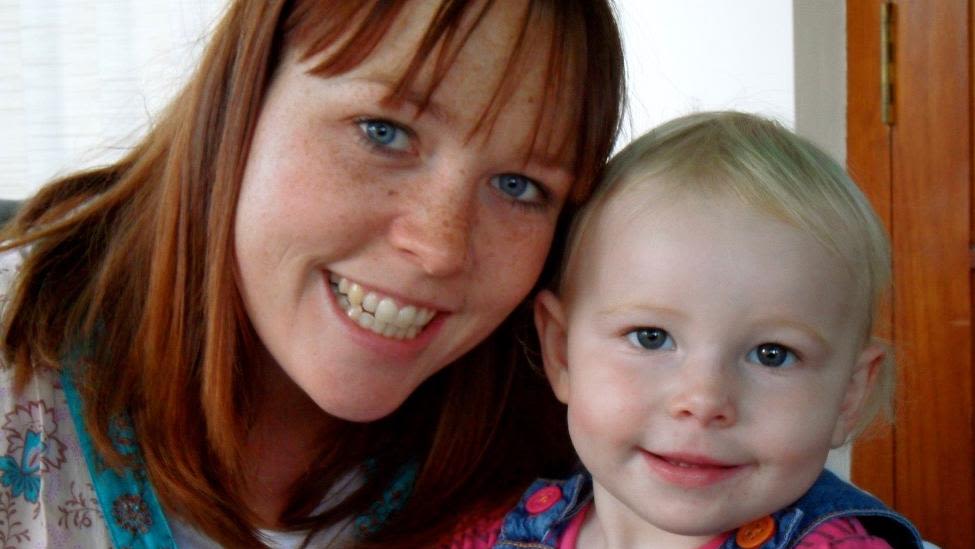
The NHS spent £64 million fighting successful claims for damages from bereaved families last year.
A record £160 million was paid out for failures resulting in death, including after equipment malfunction, bacterial infection and medication errors. It means that at least 40 per cent of the money that the NHS gives to bereaved families of the victims of negligent care is spent on lawyers.
A select committee report published last year and led by Jeremy Hunt called the clinical negligence system, whereby victims claim compensation by suing the NHS, “not fit for purpose”.
Joanne Hughes, 44, watched her daughter Jasmine, who was 20 months old, die in her arms in February 2011 after a series of failures in her care across two NHS trusts. Hughes now works to support other bereaved families, having spent more than a decade in legal battles with the NHS alongside her husband Jeff, 52.
Hughes said she realised at once something had gone seriously wrong but “there was a clear sense that the NHS was not going to be open with me”.
“In my ignorance and naivety, I believed the best chance you’ve got of getting information about what’s happened and getting any harm acknowledged would be with the support of a lawyer,” she said. “Rather than being viewed as a woman who’s just lost her child, in need of their care, in need of their help . . . to process what’s happened to us and to have any hope of being able to move forward, I was positioned as a potential risk or threat and treated that way.”
Joanne speaks about the pain of Jasmine's death
Joanne speaks about the pain of Jasmine's death
After several years of denying responsibility, the two NHS trusts involved in Jasmine’s care offered to settle. Hughes was told that she may be liable for any future costs if she did not accept.
“At the end of all of that, rather than have my expert evidence heard in a court, which put them at risk of acknowledging liability, they just chucked money at it hoping it would go away. It was so incredibly painful. The whole process felt [like] an assault on Jasmine’s dignity.”
The NHS last year paid £13.4 million in its own legal costs in defending successful claims and £51 million of claimants’ costs, on top of £100 million in damages. Of the 832 successful claims made in 2021-22, the most common NHS error was a failure to treat or a delay to treatment, according to figures obtained by The Times through a freedom of information request to NHS Resolution, which handles the claims.
In many cases, including where the primary error was inadequate nursing care, inappropriate discharge, operator error and failure to X-ray, lawyers received more in costs than the total given in damages.
The health select committee’s report into NHS litigation reform, published in April last year, said: “Maintaining a costly and adversarial litigation system is ever-more at odds with our understanding of how the NHS should respond to failures in care.”
The government said that it welcomed the report and was assessing its findings.
Sir Ian Kennedy, a health law expert and former chairman of the Healthcare Commission, said that the figures showed that the system was “hopelessly inadequate”, adding: “The pursuit of individuals by the very few who are able to do the pursuing, and where the system builds a resistance to responsibility and learning, is the opposite of what we want.”
The select committee report recommended the formation of an independent body to investigate cases of harm instead of using the legal system.
A government spokesperson said: “Our ambition is for the NHS to be the safest in the world and we have made significant strides to improve patient safety over the past decade. We’re addressing the issue of rising costs of clinical negligence. We published a consultation to address high legal costs and streamline the claims-handling process and are considering the responses. [We] will publish next steps in due course.
“NHS Resolution has published a new three-year strategy that focuses on prevention, learning and early intervention following incidents of harm and continues to improve on resolution of claims, including using innovative approaches to dispute resolution.”

